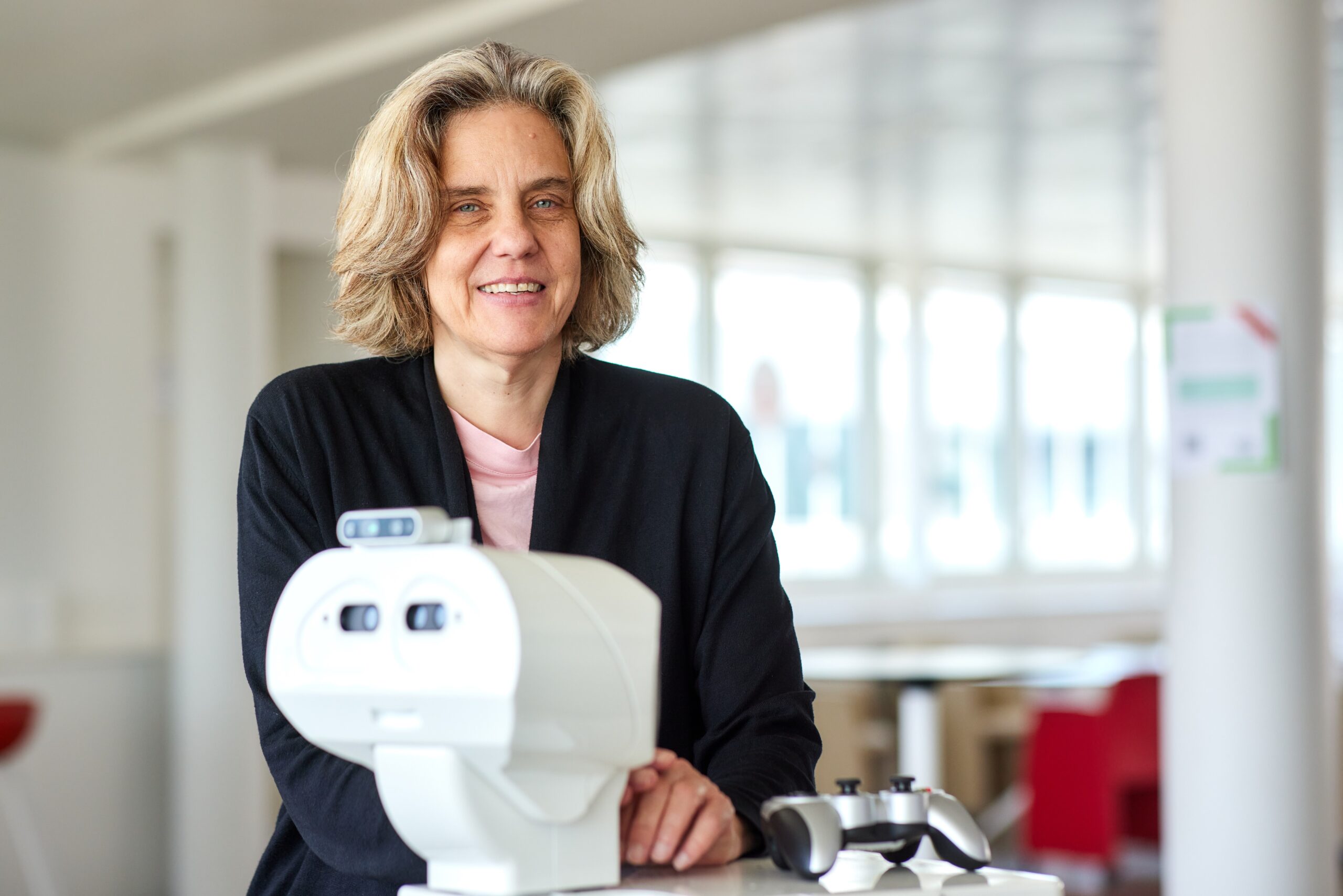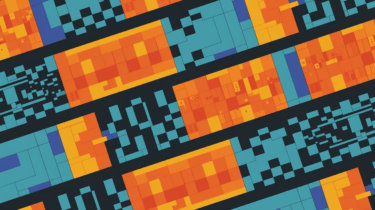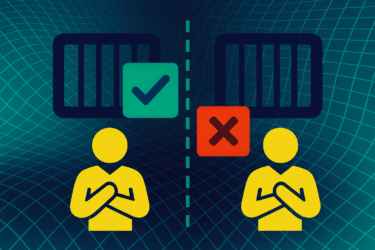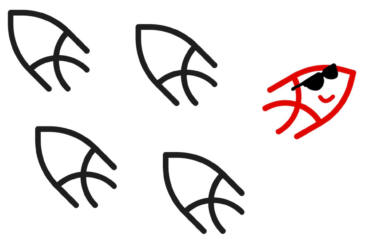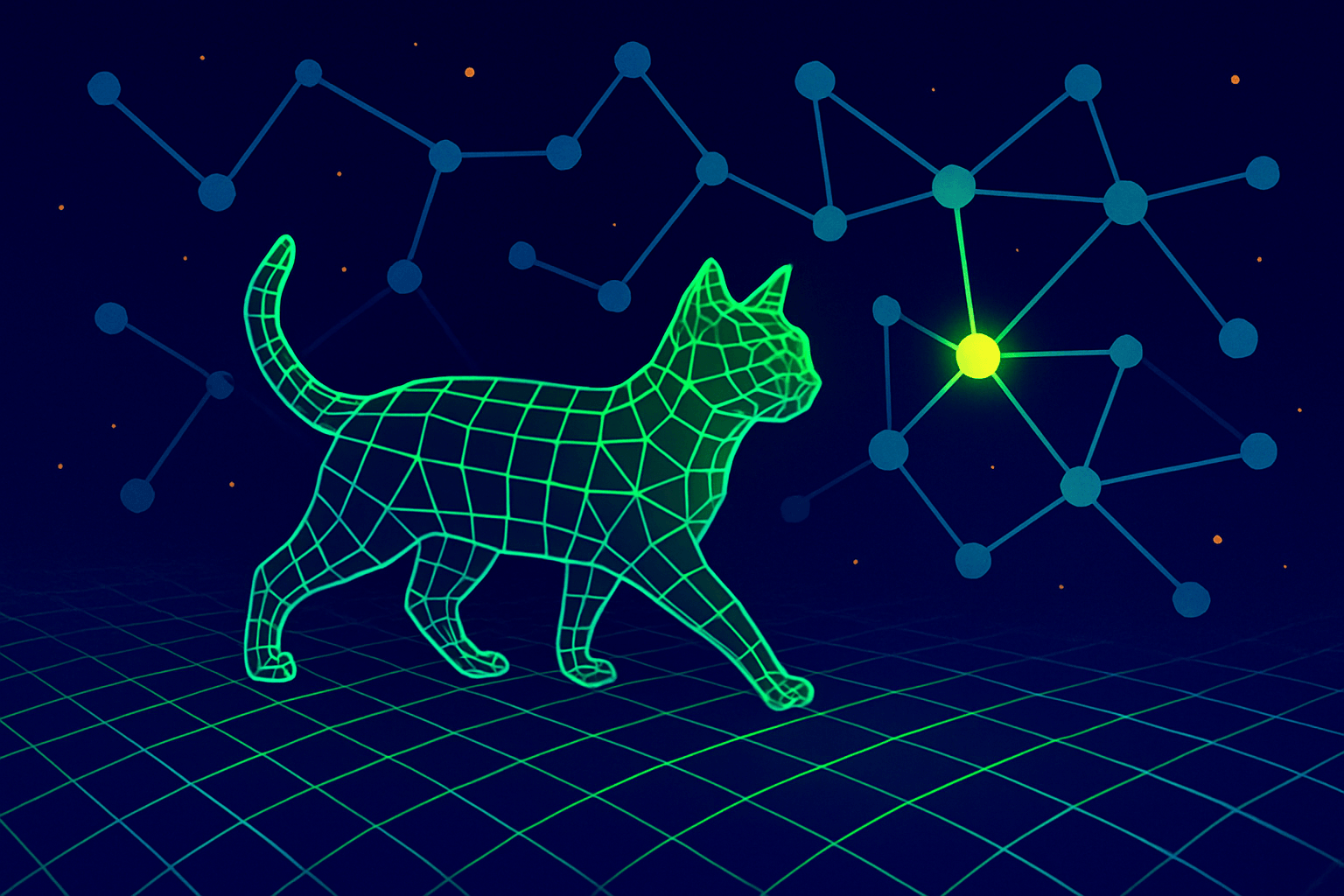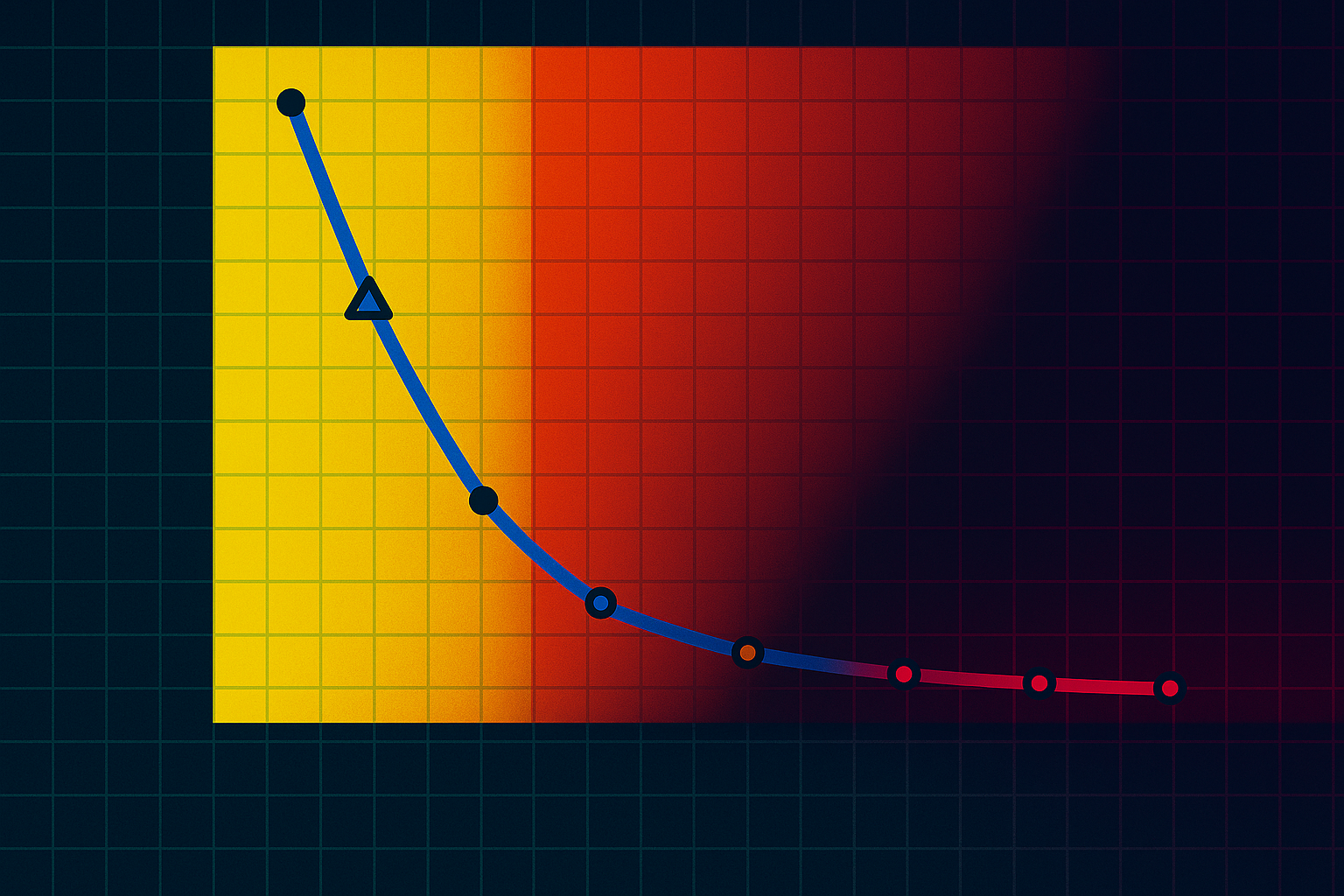German computer scientist Cordelia Schmid receives the million-euro Körber Prize for European Science.
Schmid develops visual AI, which enables computers to analyze images. The Körber Foundation calls Schmid's work in this field "groundbreaking" and calls her "one of the most important pioneers in AI research."
Her algorithms for machine vision are now established standards, according to the foundation. For example, Schmid developed local image descriptors that represent the spatial dimensions of objects in photographs. Using these descriptors, computers can recognize objects from different perspectives or when they are partially occluded.
Schmid is currently working on systems that can semantically interpret video and predict future actions. One goal of her research is to develop robots that can reliably respond to voice commands and provide assistance, for example, in hospitals or in caring for the elderly.
Schmid wants to build a bot that surpasses ChatGPT through visuality
The foundation for such robots lies in the combination of vision and language in so-called vision-language models. Schmid is working on the "VideoBert" model, which learns to predict actions in videos.
The system works multimodally, considering both words and images. For example, it can predict that the ingredients flour and cocoa can be used to make a chocolate cake and display the appropriate image. The reverse is also possible: According to Schmid, future versions of VideoBert will be able to generate written recipes from cooking videos.
Schmid finds ChatGPT "impressive", but criticizes that OpenAI's model is not self-explanatory, that the context window is limited, and that ChatGPT does not learn from experience.
Schmid wants to develop a "truly intelligent" bot that can also process visual information and 3D environmental data to navigate unfamiliar environments on its own. Part of the prize money will be used to develop this system.
The veteran scientist believes in the transformative potential of artificial intelligence: "Developed responsibly, AI has the potential to revolutionize our society - just as steam power and electricity once did. AI can help solve some of the world's most pressing problems, from sustainability to health," says Schmid.
The Körber Prize has been awarded annually by the Körber Foundation since 1985 to honor a significant breakthrough in the physical or life sciences in Europe. The prize is awarded for excellent and innovative research approaches with high application potential. Eight Körber Prize winners have gone on to receive the Nobel Prize.
